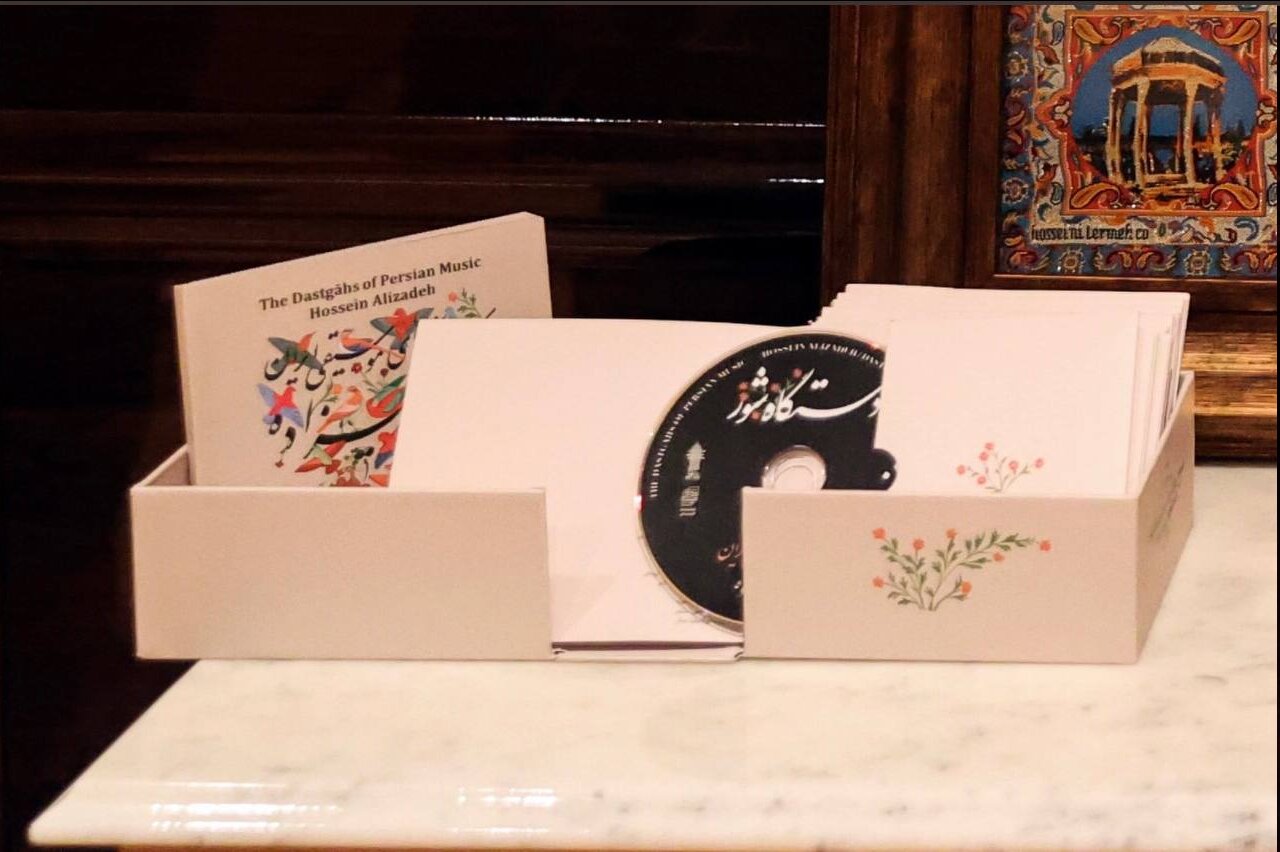Iran’s Parliament speaker presents cultural gifts to Tajikistan’s President

TEHRAN-Iran’s Parliament speaker Mohammad Bagher Qalibaf presented valuable cultural gifts to Tajikistan’s President Emomali Rahmon during his two-day visit to Dushanbe, October 9 and 10.
Upon returning from the trip, Qalibaf wrote on his official X account that he had presented Emomali Rahmon a copy of Ferdowsi’s Shahnameh as well as the collection “The Dastgahs of Persian Music” by the Iranian musician and composer Hossein Alizadeh, IRNA reported.
The collection, which was recently unveiled, contains 17 CDs and 13 music books on 13 dastgahs. It is the result of more than 40 instrumentalists and singers in about four years.
Dastgah is the standard musical system in Persian art music, standardized in the 19th century following the transition of Persian music from the Maqam modal system. A dastgah consists of a collection of musical melodies, gushehs.
Alizadeh, 73, is a classical composer, researcher, teacher, and tar, setar, and shurangiz (Persian instruments) player who has made numerous recordings with prominent traditional vocalists including Mohammadreza Shajarian and Shahram Nazeri.
From his beginnings in folk music in East Azarbaijan Province, he soon discovered the “Radif,” the classical Iranian repertoire, which he masters like no other.
He has held many concerts in and outside the country and performed with two national orchestras, as well as with Aref Ensemble, Shayda Ensemble, and Masters of Persian Music group.
He studied music at the Tehran University of Art. Later, he continued his studies at the University of Berlin, where he majored in composition and musicology.
The Shahnameh (literally meaning “The Book of Kings”) is a long epic poem written by the Persian poet Ferdowsi between 977 and 1010 CE. Consisting of some 50,000 distiches or couplets (two-line verses), the Shahnameh is one of the world's longest epic poems and the longest epic poem created by a single author. It tells mainly the mythical and to some extent the historical past of the Persian Empire from the creation of the world until the Muslim conquest in the seventh century.
Iran, Azerbaijan, Afghanistan, Tajikistan and the greater region influenced by Persian culture such as Armenia, Dagestan, Georgia, Turkey, Turkmenistan, and Uzbekistan celebrate this national epic.
The work is of central importance in Persian culture and the Persian language. It is regarded as a literary masterpiece, and definitive of the ethno-national cultural identity of Iran.
SS/SAB
Leave a Comment